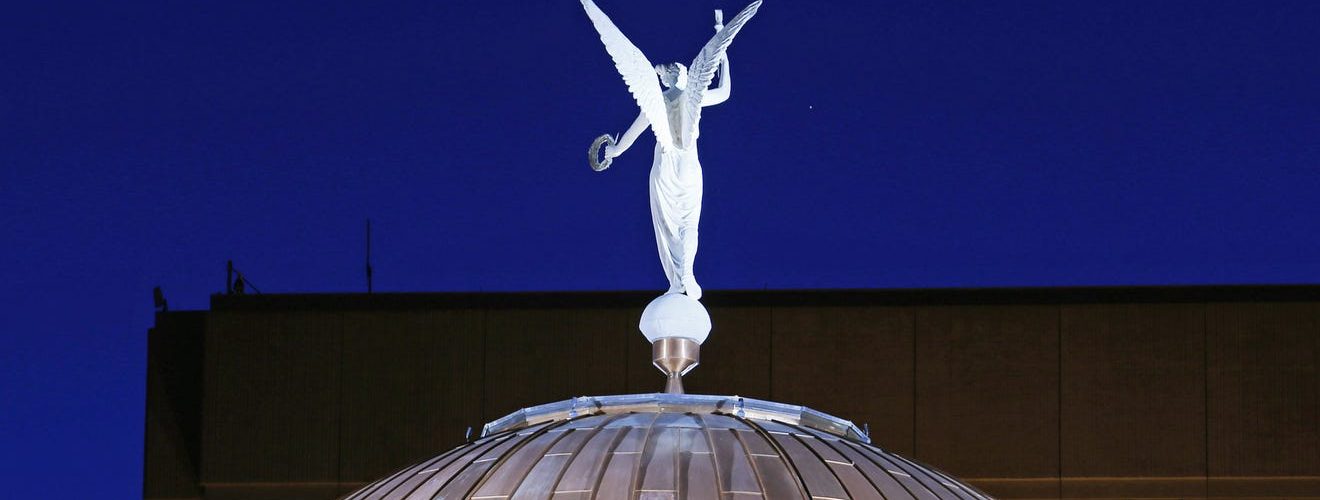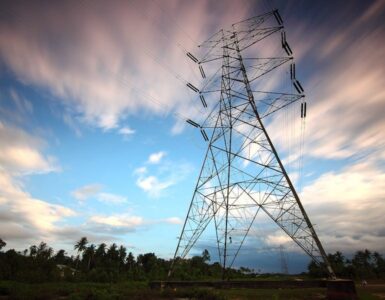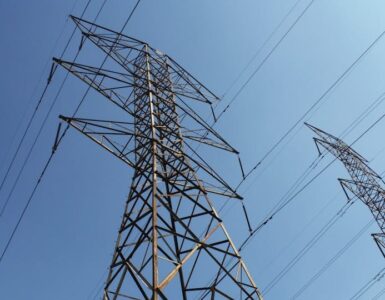It’s been a busy couple of weeks in Arizona policy and politics, so I offer a few quick takes on what’s happened…
Arizona visit offers teachable moment
President Joe Biden was in Phoenix recently to celebrate the announcement by TSMC that it would be bringing another multi-billion-dollar fabrication plant to the state, making the company’s total planned investment in Arizona a whopping $40 billion.
I hope the visit gave the president a chance to take note of the policy moves Arizona has made to make the state one of the country’s best for business. The TSMC announcement is the perfect topper to the eight-year run of Gov. Doug Ducey, who’s been at the helm of the Arizona miracle, a two-term agenda laser-focused on unshackling Arizona’s potential.
The construction project in the North Valley isn’t just an important achievement for the state, it’s one of the most consequential projects in the world, totally recalibrating the supply chain of an essential component for everything from computers to cell phones, to automobiles and household appliances.
Perhaps most encouraging, no longer will the United States be dependent on foreign markets in tricky global political environments for its supply of semiconductors that are required for U.S. defense equipment and technology.
When I traveled to Taiwan earlier this fall with Gov. Ducey and Arizona Commerce Authority CEO Sandra Watson, it was clear that that country’s manufacturing sector leaders were well aware of the competitive advantages Arizona offers, from a favorable tax and regulatory environment to affordable electric and natural gas utilities, to a talent pipeline kept full thanks to our state universities anticipating the needs of a growing economy.
President Biden during his remarks in Phoenix touted the contributions of union labor to the TSMC project. It was a fairly predictable sop to a typically reliable Democratic Party constituency. And, yes, union laborers will contribute to portions of the TSMC project, and, yes, they will do fine work.
But the president missed what TSMC and other job creators across the country already know: that Arizona’s status as a right-to-work state is a key ingredient in its ability to attract highly sought-after jobs and ensure a labor environment that encourages economic growth.
If the president is looking for ideas on how to boost the American economy as he heads into 2023, I hope his trip to Arizona was instructive. There are lessons here in this land of opportunity.
No easy fix for unintended consequences
Recent coverage by The Arizona Republic about the mislabeling of the potency of marijuana in dispensaries around the state is a reminder that we should remain skeptical of pitchmen touting ballot initiatives that propose to make radical changes to Arizona law. In Arizona, if a ballot initiative delivers unintended consequences, it’s very difficult for lawmakers – who are elected by the same voters who pass or fail ballot initiatives – to respond and make a fix.
Under Arizona law, the state Legislature is handcuffed from amending a voter-approved initiative unless it can secure a three-fourths majority vote in each chamber and “furthers the purpose” of the underlying initiative. Not only is it a nearly impossible threshold to achieve, but it also undermines the institution of an elected lawmaking body.
The Arizona Chamber of Commerce & Industry opposed the 2016 initiative that legalized recreational marijuana. One of our arguments was that the state should exercise extreme caution before passing a new law by initiative that would be difficult to ever change or undo.
Proponents assured voters that any necessary tweaks to the law could be easily implemented. We’ll soon see if they were right.
Sen. Sinema does what she thinks is right, but her former party pushes her out
There’s been plenty of armchair analysis about what motivated Sen. Kyrsten Sinema to register as an independent. The take from her former Democratic Party was that it was nothing more than a cynical political calculation of an operator looking out for her best electoral interests.
Potential Democratic entrants into a 2024 Democratic Senate primary took their own pot shots at her instead of touting their personal progressive bona fides, apparently ignoring that they’ll need her previous voters to win a primary and a general election.
Sometimes events can be explained simply and without deep analysis, and the senator’s party switch might be just such an example. Maybe Sen. Sinema truly believes the Democratic Party in its current makeup can’t abide a senator who makes decisions based on what she believes is right for her state rather than what the loudest voices on the far left of the party want.
For years the Democratic Party apparatus was telling her to get lost, censuring her, threatening primary challenges, and harassing her.
Now she’s gone and the Democrats have one less U.S. senator. Democrats’ bet that the next U.S. senator from Arizona will be a member of their party is a risky one.
Danny Seiden is president and CEO of the Arizona Chamber of Commerce & Industry.
















Add comment